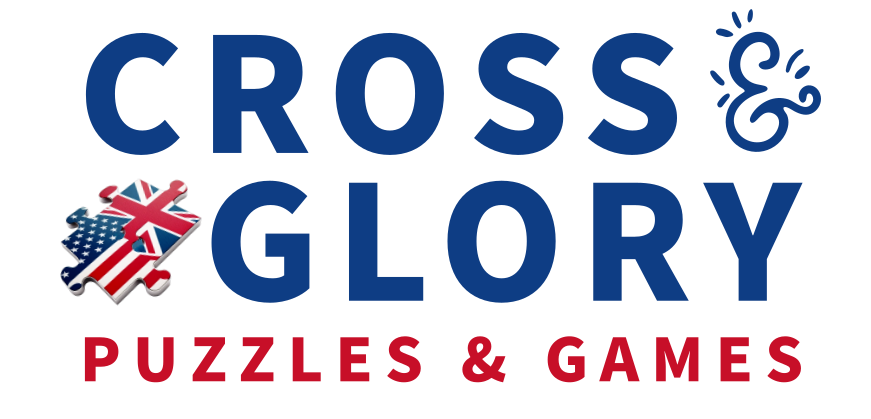In today's fast-paced world, finding effective ways to enhance productivity is more critical than ever. Interestingly, the seemingly leisurely activity of puzzle-solving is gaining recognition not just as a form of relaxation but as a tool for boosting productivity. This connection might seem counterintuitive at first, but the cognitive skills honed while assembling puzzles can translate into more effective problem-solving and focus in the workplace. Let's explore how engaging in puzzles can potentially enhance your work output.
1. Enhancing Cognitive Functions
Puzzles are a fantastic way to stimulate the brain. Engaging regularly in puzzle-solving activities can improve memory, spatial visualization, and problem-solving skills. These cognitive benefits, discussed in "Unlock the Power of Puzzle Solving: Boost Your Mental and Physical Well-Being with Jigsaw Puzzles", are directly transferable to professional tasks, particularly those requiring analytical thinking and strategic planning.
2. Improving Concentration
Puzzle-solving requires a high level of concentration and focus. By regularly engaging in puzzles, individuals can train their brains to focus better and for longer periods. This heightened ability to concentrate can make you more efficient at your work, reducing the time it takes to complete tasks and increasing the quality of the output.
3. Reducing Stress
Work-related stress is a significant barrier to productivity. Puzzles can serve as a form of stress relief; the act of focusing on a puzzle allows the mind to take a break from work stressors, leading to better mental health and reduced burnout.
4. Boosting Mood
The satisfaction of completing a puzzle can also boost your mood. This positive change in mood can improve work performance, as a happier state of mind often increases creativity and motivation. The sense of accomplishment from solving a puzzle can mirror the rewards of completing work tasks, fostering a productive and rewarding work environment.
5. Encouraging Creativity
The process of figuring out where each piece fits within a puzzle can spark creativity. This kind of creative exercise can lead to innovative thinking at work, where such creativity can be applied to developing new ideas, solutions, and approaches to tasks.
6. Promoting Team Building
When puzzles are done in a group, they can enhance team collaboration and communication skills. These are crucial in a workplace setting, where teamwork and clear communication are often keys to success. The collaborative aspects of group puzzling can strengthen relationships and improve the efficacy of team projects.
Incorporating puzzle-solving into your routine might be more beneficial than just providing a break from the daily grind. It enhances essential skills that are directly applicable to improving job performance. Whether it's through boosting cognitive abilities, enhancing focus, reducing stress, improving mood, or fostering creativity, the seemingly simple act of completing a puzzle could indeed make you more productive at work.

